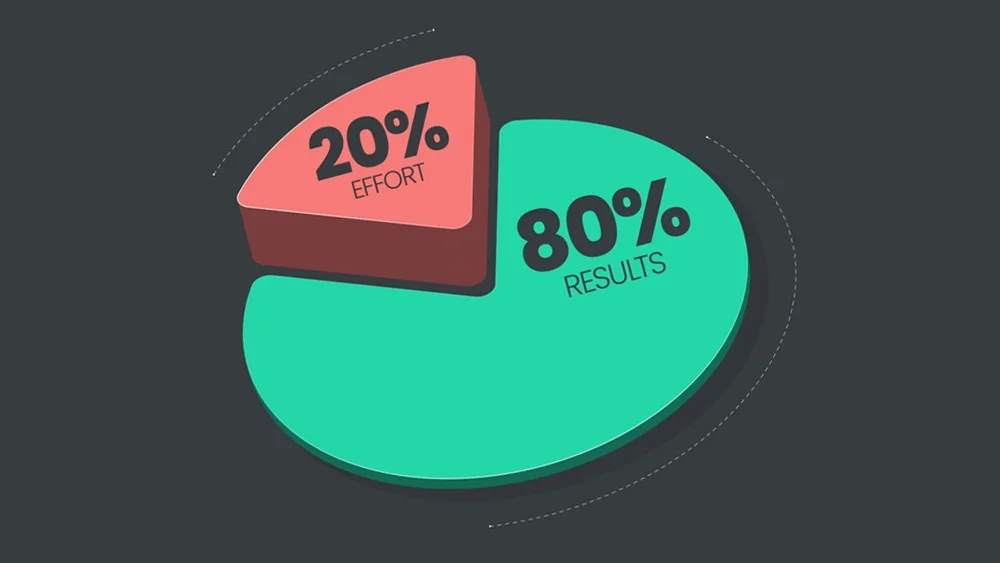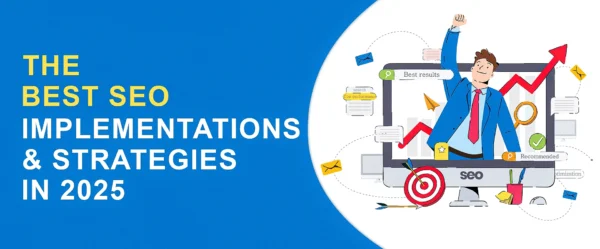Understanding The Top Mental Models and How to Enhance Your SEO With Them
Have you ever heard of a world where psychology meets SEO? I know how weird of a mixture this may sound. However, let me tell you how these two completely different worlds are colliding and meeting up in this guide. Mental models, the powerful frameworks through which we perceive and interpret the world, hold the key to unlocking profound insights into human behavior and decision-making. But how can we harness this knowledge to enhance our SEO efforts?
Get ready to embark on a journey of discovery as we delve deep into the fascinating realm of mental models and their implications for search engine optimization. From prospect theory to the mere exposure effect, we’ll explore how these cognitive shortcuts shape user interactions online and influence their search behaviors. In this guide, we will uncover actionable strategies to optimize your website’s visibility and engagement, leveraging the principles of mental models to craft compelling content, refine keyword targeting, and ultimately conquer the search engine results page.
What Are Mental Models? A Quick Overview
Mental models are the fascinating frameworks our brains use to understand and interpret the world around us. They’re like mental shortcuts or templates that help us make sense of complex information. Moreover, they help us navigate decision-making with ease. From anchoring bias to social proof, these cognitive constructs influence how we perceive, process, and act upon information.
Mental models are very important when we’re making decisions because they shape how we see things and help us take a step forward in making these decisions. They help us figure out what new information means and how likely different scenarios are. For instance, the availability hypothesis might make us value information that is easy to find, and the framing effect can change our minds based on how information is presented.
When it comes to SEO strategies, understanding mental models can be a game-changer. By tapping into these psychological principles, marketers can craft content and design experiences that resonate with their target audience on a deeper level. Using mental models can help you with several things. Like improving user engagement, conversion rates, and your site’s exposure in search engine results.
For example, you can use them to make website navigation better. Moreover, you can use them to create more compelling calls to action. Below, we will uncover four main mental models that will help you enhance your SEO in an efficient way.
Top Mental Models: Mental Model Number 1: First Principles Thinking
Curious about first-principles thinking? Let me break it down for you. Whenever I encounter something I don’t understand, I create a hypothetical scenario in my mind. Then, whether I or someone else assigns the topic, I go back and review my actions in this situation. Now, why the lengthy intro? I’m about to illustrate first principles of thinking with a scenario. So, bear with me for a moment.
Picture this with me: first principles thinking is a problem-solving practice. It is like being an investigative detective in the digital realm. This is a process that involves breaking down complex problems into their fundamental elements, stripping away assumptions, and getting to the core truths. Now, how does this relate to SEO? Well, think of your website’s search visibility as the ultimate puzzle. By applying first-principles thinking, SEO specialists can dissect this puzzle. That is, while focusing on foundational aspects like user intent, keyword relevance, and content quality.
Instead of relying on conventional wisdom or following trends blindly, they go back to the basics. Additionally, they start questioning everything and crafting strategies from scratch. This approach empowers marketers to innovate and adapt to the ever-evolving landscape of search engine algorithms. From optimizing website architecture to creating standout content, embracing first principles thinking allows SEO strategies to transcend the ordinary, delivering exceptional results and propelling websites to the top of the search rankings. So, channel your inner detective, and let first principles guide your path to SEO success!
Mental Model Number 2: Pareto Principle
The Pareto Principle, also known as the 80/20 rule, states that 20% of efforts yield 80% of results. Complicated? Not for the tiniest bit; let me explain it to you furthermore. This mental model suggests that a minority of inputs often drive the majority of outcomes. You know there is a saying for William Shakespeare that I love so much that says: “brevity is the soul of wit” Which could be applied on what I am trying to say here about this principle.
Now let me elaborate for you in a more detailed and hypothetical way. Picture your website analytics dashboard: chances are, a handful of pages generate the lion’s share of traffic and conversions. By embracing the Pareto Principle, SEO specialists can focus their energies on optimizing high-impact pages. That is, rather than spreading efforts thinly across the entire site.
This means doubling down on killer content, refining key landing pages, and fine-tuning conversion pathways. By aligning SEO strategies with the Pareto Principle, marketers can maximize their impact, ensuring that the vital few elements drive the bulk of success in the digital realm. So, grab your SEO wand, channel your inner Pareto, and watch your website soar to new heights of search engine glory!
Mental Model Number 3: The Red Queen Theory
Think the name has something to do with Lewis Carroll’s red queen of hearts in Alice in Wonderland? Well, yes, definitely it does. This is by far my favorite principle or theory. That is because it simply describes how you implement your SEO efforts and how similar it all is to implementing these efforts in life as well. Excuse the philosophy lover in me. Let me elaborate on what this theory has to do with SEO.
It all goes down to the famous red queen quote, “it takes all the running you can do, to keep in the same place.” Picture this: a scenario straight out of Wonderland where you’re running as fast as you can just to stay in the same place. That’s the essence of the Red Queen Theory. In SEO, this theory mirrors the ever-evolving digital landscape, where staying still means falling behind.
Search engine algorithms are constantly evolving, competitors are competing for the top spot, and user behaviors are forever changing. To keep up, SEO strategies must adapt and evolve continuously. It’s not just about reaching the top of the search results; it’s about constantly innovating and refining tactics to maintain visibility and relevance in an ever-competitive environment. That is why it is important to embrace the Red Queen theory. However, be careful not to rush your innovative thinking. You wouldn’t want someone to describe you as a person who thinks of “sentence first, verdict afterwards.”
Mental Model Number 4: Local Maxima
No, this is not a Harry Potter-related mental model. This is one mental model that needs you to bear with me with the following hypothetical scenario. Imagine with me that you’re climbing a mountain, aiming for the highest peak, when suddenly you find yourself on a plateau. You look around and realize you’re at the peak of a smaller hill, not the towering summit you envisioned. That’s the essence of Local maxima—being stuck at a certain high point but not the highest one of them all.
In SEO, Local Maxima occurs when you optimize your website or content to perform well within a specific context or niche, but you’re missing out on greater opportunities elsewhere. It’s like getting comfy on that smaller peak without realizing there’s a bigger, more majestic mountain waiting to be conquered. To overcome Local Maxima in SEO, you need to continuously reassess your strategies, explore new avenues, and strive for innovation. Don’t settle for being king of the hill when you could be ruling the entire mountain range!
Wrapping It Up!
In conclusion, mental models aren’t just fascinating parts of human cognition; they’re powerful tools that can supercharge your SEO strategies! Marketers can craft content and design experiences that resonate deeply with their audience. That means understanding how people think, perceive, and make decisions. From leveraging social proof to overcoming biases like confirmation bias and anchoring, mental models provide invaluable insights into user behavior.
Something that allows us to optimize websites, refine keyword targeting, and boost engagement. So, whether you’re climbing the peaks of Local Maxima or navigating the twists and turns of the Red Queen theory, embracing the principles of mental models is the secret sauce for SEO success.










